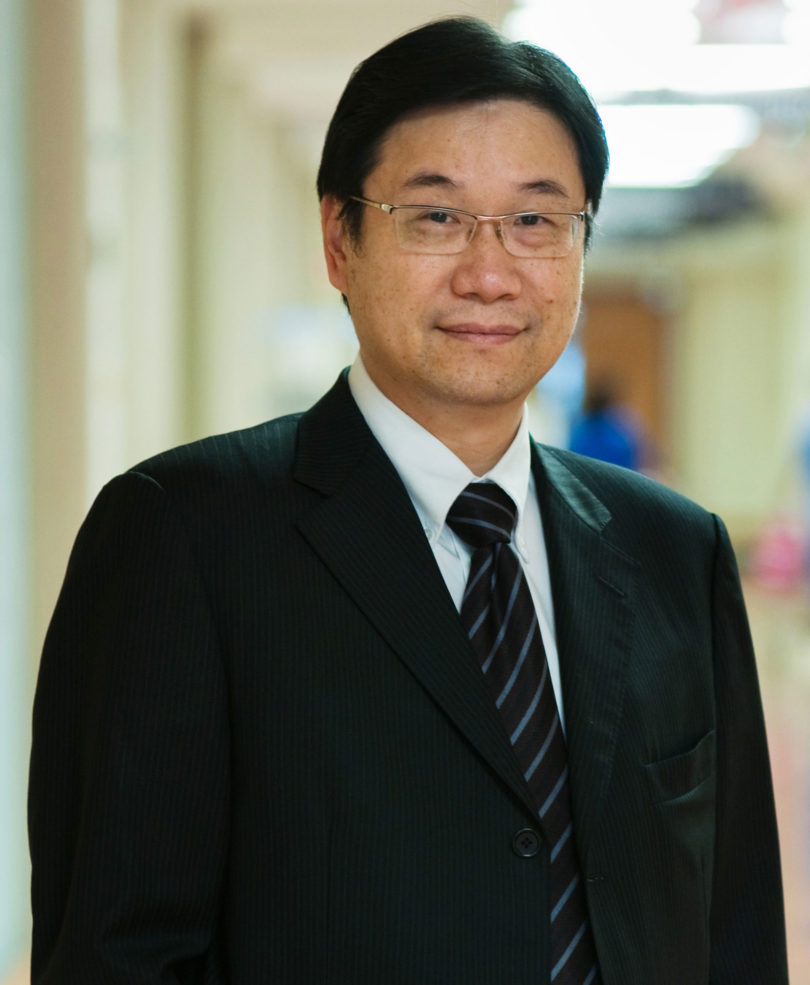Kendall Ho, one of the top experts in the use of information technologies to accelerate the incorporation of the latest health evidence into routine medical practice, will be the keynote speaker at the third annual conference of UGA’s Institute for Evidence-Based Health Professions Education.
“Using Technology to Enhance Teaching, Learning and Practice in the Health Professions” will be held March 30 from 8 a.m. to 3:30 p.m. at the Georgia Center for Continuing Education Conference Center and Hotel. While the conference is open to the public, registration is required.
Ho, a practicing emergency medicine specialist, is an associate professor and founding director of the eHealth Strategy Office in the University of British Columbia’s department of emergency medicine. He will speak on “Leveraging eHealth in Education and Practice: Opportunities, Challenges and Lessons Learned (so far)” at 8:45 a.m. in Masters Hall.
Participants from Georgia and across the country will hear several speakers from a diverse group of UGA’s best researchers, teachers and professionals, all focused on the intersection of technology, teaching, learning and practice in the health disciplines.
Conference sessions have been developed to help participants learn how to enhance teaching, learning and clinical practice using new forms of technology. Breakout session topics include design principles for effective case-based e-learning, the iPad as a mobile video device, interactive virtual characters for human and canine medical neuroscience education, using clickers in class: strategies for student engagement, and using an iPhone to teach clinical diagnosis.
The Institute for Evidence-Based Health Professions Education serves as a source of expertise and training for evidence-based professional education programs in public health, medicine and other health professions.
“With UGA’s world-renowned adult education programs, collaborative arena and integrative state-of-the-art research laboratories, we are emerging as a national leader in this expanding area of study and pedagogy,” said Ronald Cervero, co-director of the institute and associate dean for outreach and engagement in the College of Education.
According to Cervero, evidence-based health care considers the best methods for teaching health professionals, and it assimilates the best evidence available that can be built into health care practice.
Evidence-based practice “…allows clinicians, providers, patients and others to identify and integrate the best available evidence into decisions about treatment [or lack of treatment], diagnostics and quality-of-life issues,” said Mark Ebell, co-director of the institute and associate professor of epidemiology in the College of Public Health. “It makes sense that this paradigm will help guide our work in research and education, which in turn will lead to the development of better health care practice guidelines and quality improvement initiatives.”
ON THE WEB







